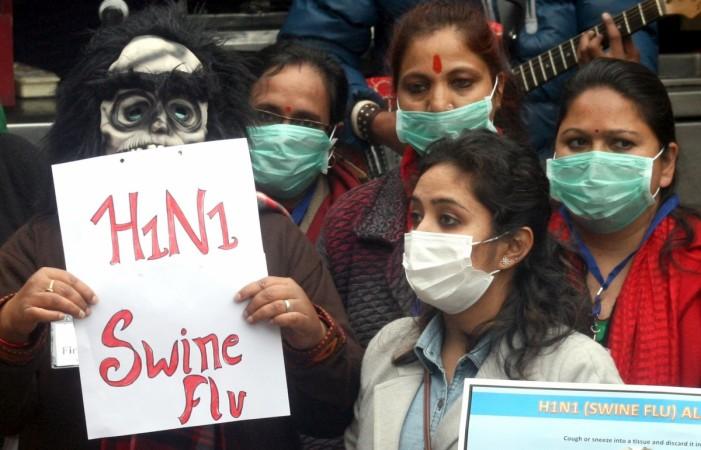In the light of two Swine flu (H1N1) cases reported in SAP office in Bengaluru, the public would be in alert mode. Given the health scare by the ongoing coronavirus outbreak, it would be helpful to keep oneself informed about practices and precautions to avoid catching the virus.

Here is what you need to know about the H1N1 influenza virus:
H1N1 influenza virus, also known as swine flu, is a respiratory disease caused by type A influenza virus.
It's called swine flu because in the initial testing in 2009, many of the genes in the virus were found to be very similar to influenza virus affecting pigs (swine) in North America. But, later it was discovered that the influenza virus had a combination of swine, avian (bird), and human genes that mixed together in pigs and spread to humans.
The influenza virus was first detected in the US in 2009. It was declared a global pandemic the same year by the World Health Organisation (WHO) and was finally over in August 2010.
Is H1N1 virus contagious?
The influenza virus is contagious and spread from humans to human.
How does H1N1 virus spread?
It spreads the same way the seasonal flu spreads. Flu viruses spread from person to person through coughing, sneezing by the infected person. People may get the infection by touching a surface or object with flu viruses left there in the droplets disseminated while coughing by an ill person.
How long can influenza virus remain viable on objects (like books or doorknobs)?
Studies have shown that influenza can survive on environmental surfaces and can infect a person from 2 to 8 hours after being deposited on the surface.
What are the signs and symptoms of this virus?
The symptoms of H1N1 virus in people include fever, cough, sore throat, runny or stuffy nose, body aches, headache, vomiting and diarrhea.
How severe is illness associated with H1N1 flu virus?
Illnesses with H1N1 virus range from mild to severe.
Severe illness and death occurs mainly in elderly and people with pre existing conditions.
Who is at higher risk from H1N1 infection?
Most of the usually healthy people do not need medical or antiviral drugs, and can recover in less than two weeks. However, pregnant woman, and people with pre-existing conditions like heart disease, diabetes, or asthma, should see the doctor immediately.
What you can do to protect yourself from infection?
A flu vaccine is by far the most important step in protecting against flu infection.
Take these everyday steps to protect your health:
-Cover your nose and mouth with a tissue when cough or sneeze. Throw the tissue in the trash after using it.
-Wash hands often with soap and water.
-Avoid touching eyes, nose or mouth.
-Try to avoid close contact with sick people.
-If sick with flu-like illness, stay at home. Keep away from others as much as possible to keep from making others sick.

















